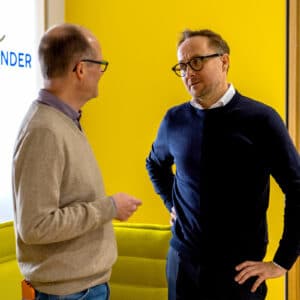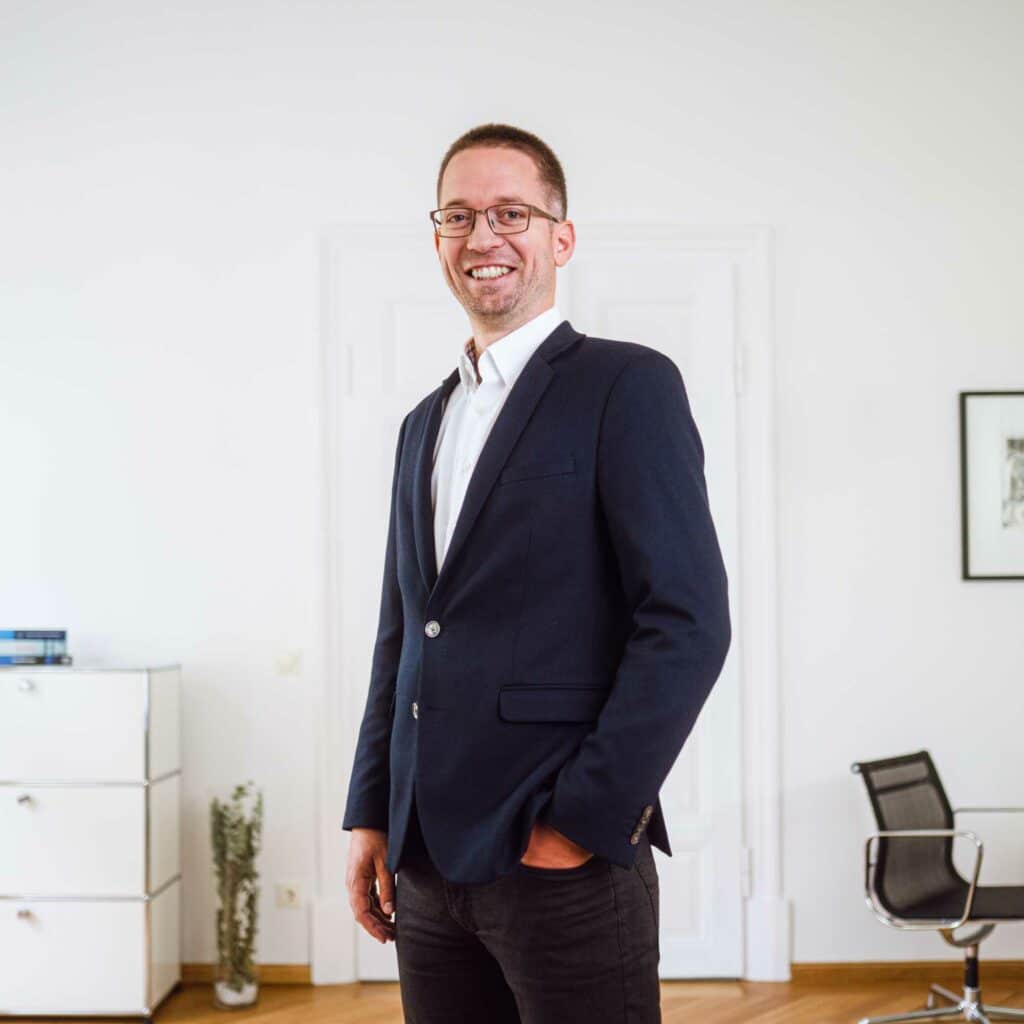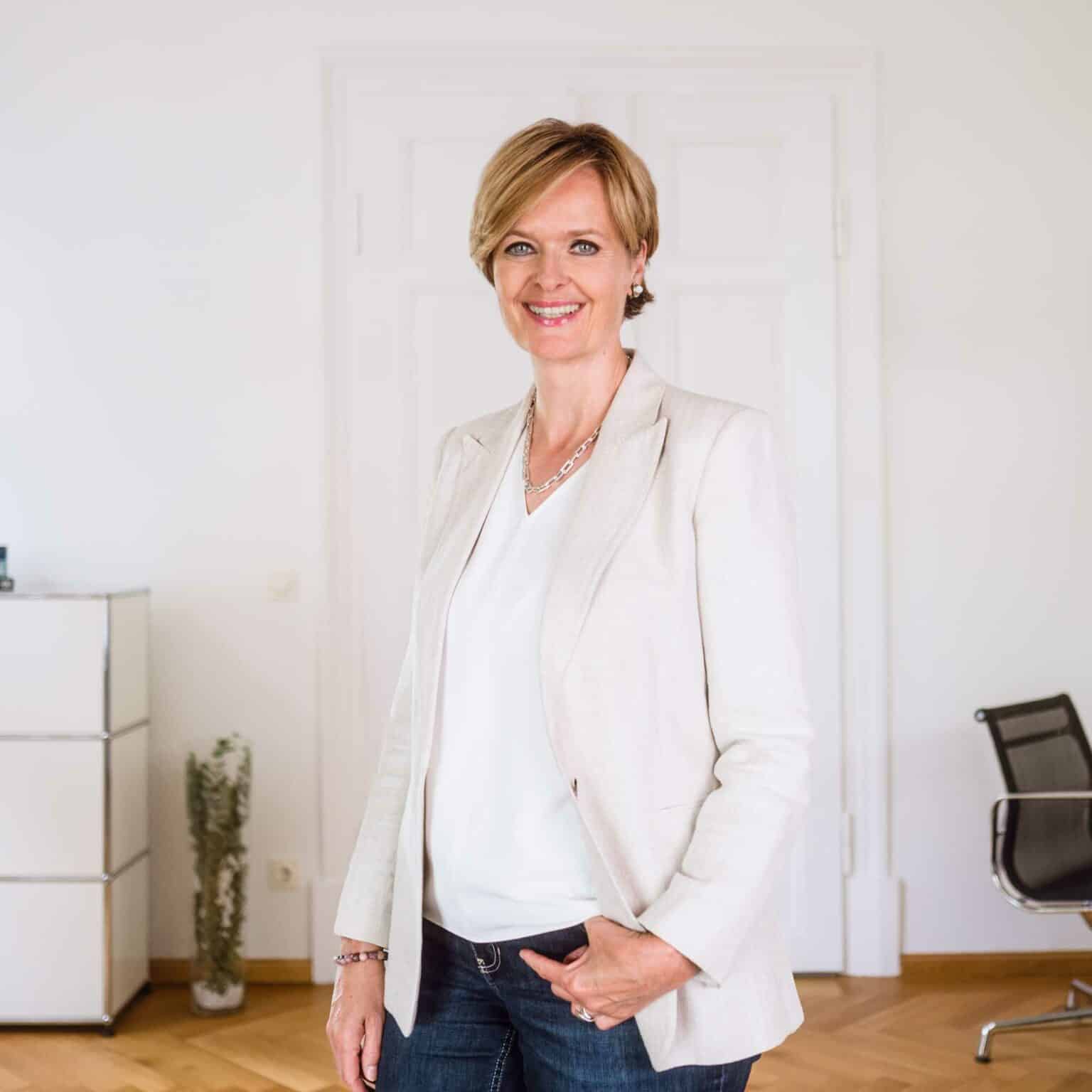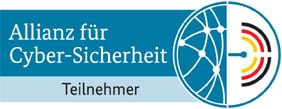On behalf of the Münch Foundation, a team from Oberender AG and the Institute for Health Care Business GmbH (hcb) has worked out how small rural hospitals can be transformed and adapted to regional needs rather than closed.
Three targeted brochures for citizens, local decision-makers and legislators present different target images and formulate expert advice to facilitate a transformation process.
Many small clinics no longer meet the care needs of a region or have no future due to a lack of staff, for example. Nevertheless, local politicians are often reluctant to make changes to the status quo because they expect significant opposition from the public.
In the study commissioned by the Münch Foundation, Oberender AG and its project partners developed three target images of how a hospital can be transformed in such a way that good medical care is maintained in the region. These are intended to make tangible what sustainable, high-quality care can look like. Furthermore, information is provided in the three target group-specific publications, which present the necessity of the transformation in an understandable way and facilitate implementation.
Three specific target images
To show the broad spectrum of possible target images, three options are elaborated as examples. These can be comprehensively supplemented by other supply elements depending on local needs.
An outpatient clinic focuses on basic outpatient care and provides access to downstream levels of care. This makes many health services easily accessible to the public in one central location.
If care is needed close to home with the possibility of medical monitoring, a monitoring clinic may be an option. Patients can be admitted there for a few nights if necessary, when they can no longer be treated safely in a purely outpatient setting, but at the same time do not need the cost-intensive infrastructure of a classic hospital.
The third scenario is a conversion into a supraregional specialist clinic for selected clinical pictures. This is possible where special conditions are met, for example, where there is a service area with special appeal. It is important that a broad range of basic services can be maintained by medical practices, surrounding hospitals and the emergency medical services.
A key message of the study is that none of the three options is better or worse. Rather, the scenarios are determined by regional conditions and needs. The objective is always to provide a high quality of care for the population that is better than the status quo.
Identify and implement target images
It is not trivial to design and ultimately implement a functional target image that is oriented to needs. Moreover, the necessity and meaningfulness of a transformation process are often not easy to convey. Therefore, brochures were produced as part of the study. These start at these points and try to make it easier for the population to enter the discussion by providing comprehensibly prepared information and to give local decision-makers concrete advice on how to shape the process. Since some legal foundations and guidelines still unnecessarily impede a meaningful reform process, one of the brochures formulates concrete needs for action for legislators at the federal and state levels.
Prof. Dr. Andreas Schmid, project manager on the Oberender AG side, emphasizes: “The multiple challenges of our time mean that a passive wait-and-see approach is the worst of all options. Future-proof supply structures must be actively designed. We hope to make a contribution here to facilitating necessary change processes in order to be able to ensure high-quality medical care in the long term.”
Brochures with further information
The brochures for local decision-makers, the public, and legislators are available at the
Website of the Münch Foundation deposited:
Broschüre lokale Entscheidungsträger:
https://www.stiftung-muench.org/wp-content/uploads/2022/08/KHUmwandlgEntscheider.pdf
Broschüre Bevölkerung:
https://www.stiftung-muench.org/wp-content/uploads/2022/08/KHUmwandlgBuerger.pdf
Broschüre Gesetzgeber:
https://www.stiftung-muench.org/wp-content/uploads/2022/08/StM_Krankenhausumwandlung.pdf
contact
Oberender AG
Ursula Lauterbach – Marketing & Kommunikation
Elsenheimerstraße 59 | 80687 München
t: +49 89 8207516-0 | f: +49 89 8207516-29
ursula.lauterbach@oberender.com
Prof. Dr. Andreas Schmid – Manager
Wahnfriedstraße 3 | 95444 Bayreuth
t: +49 921 745443-0 | f: +49 921 745443-29
andreas.schmid@oberender.com
www.oberender.com













